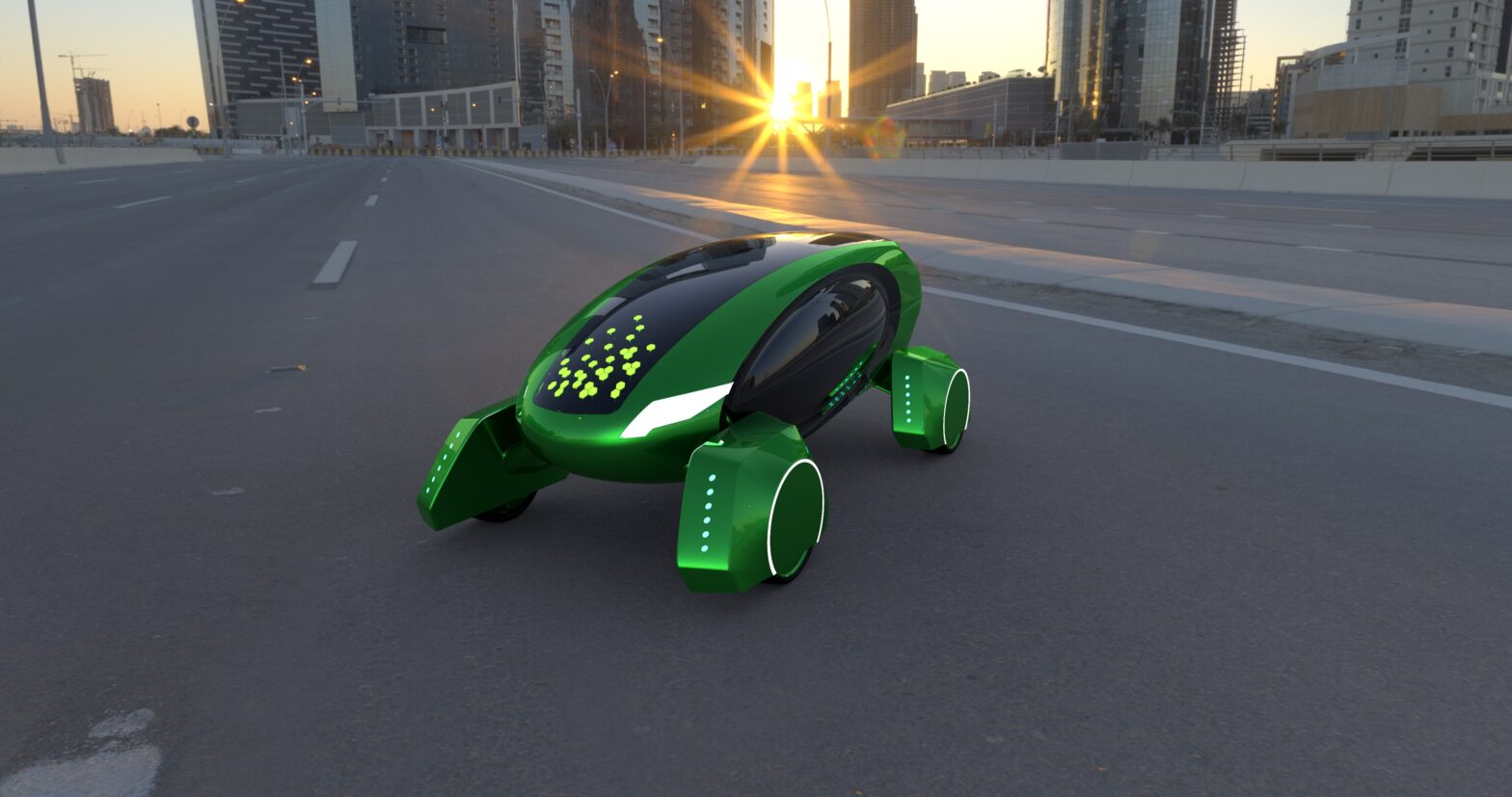Like many other companies focusing on autonomous delivery vehicles, I had originally viewed drones as the best means of efficiency in transporting items from one location to another. Picturing a drone superhighway, I wanted to establish a dedicated airspace for drones to self-navigate through, and to deliver packages to customers.
However, the more I researched, the more I began to realise the safety challenges of a cluttered airspace, littered with flying machines, controlled by amateur operators. The cost of establishing such a delivery service would also have been sky-high, and this would only have been passed-on to customers.
The biggest issue with drones is not whether they would work; it is whether we would accept them.
Sure, the concept of air delivery may sound cool, but the novelty would fade fast as your neighbour’s daily impulse-buys are delivered by a very loud six-foot drone. Imagine the sound of a washing machine spinner, full blast, waking up your kids and spooking your schnauzer.
Yes, I had initially overlooked the scope of wheels on our roads in favour of drones in our skies. Ultimately though, road-based delivery is far safer and more cost effective than the seemingly futuristic, yet comparably less-practical drone courier services.
While many futurists imagine a world of Jetson-style flying cars, it’s easy to forget that we haven’t fully tapped the potential of our road networks – both public, unmarked and residential.
We all know they’re on their way, but we’re yet to live in a world of solely or partly-autonomous vehicles, carbon-neutral travel and the shared ‘borrowing’ of cars eclipsing outright ownership.
An increasing proportion of car owners want driverless and electric cars, while half of today’s owners don’t want to own a vehicle in the future, according to a survey of car manufacturing bosses.
Driverless vehicles, and smart devices in general, will benefit from 5G mobile technology. And with more and more information being fed into the Internet of Things (IoT), devices are able to communicate and act in unison.
Autonomous vehicles for instance, will be able to communicate with one another, and other road users – improving safety and efficiency.
Of course, other inventors have looked at autonomous vehicles in different ways.
Italy’s Piaggio Fast Forward – a subsidiary of Vespa manufacturers, Piaggio – has invented a cylindrical luggage compartment capable of tailing its owner by a few metres, while holding up to 18km of cargo.
Looking beyond the first incarnations of autonomous vehicles and towards the far-future of delivery, I believe product delivery will be digital.
To put this into context, 25 years ago, the only way to send a document to someone was to have it physically delivered. With a little help from technology, the same document could, just a few years later, be scattered into bits of information, sent across the world and re-assembled in a matter of minutes. We called this invention faxing.
As technology improved, sending a document moved from minutes, to seconds to an instant. If delivery of physical goods continues to incrementally improve over time, it’s not unrealistic to imagine that your latest iPhone could one day not be physically sent to you at all.
Rather, it could be purchased via a digital download and, through some 3D printer/fax machine-hybrid, be re-assembled in your living room.
Of course, we can’t expect to see such an invention anytime soon. Technological advancements – despite accelerations in the digital age – are gradual. In the meantime, though, our lives could be transformed by autonomous delivery vehicles.
So whether you’re ordering compost from Homebase, groceries from Tesco or pretty much anything from Amazon, you can bet that, regardless off the type of delivery vehicle, the driver will be digital.
William Sachiti is the founder of robotics technologies start-up, the Academy of Robotics. He was the founder of Clever Bins (featured on the BBC’s Dragon’s Den). More recently, Sachiti founded digital concierge service, MyCityVenue, which gained 1.6 million users before being sold to SecretEscapes. He formed Kar-Go in 2016 and is now preparing to unveil his company’s autonomous delivery vehicle, with plans to put fully-fledged driverless cars onto the world’s public roads.






